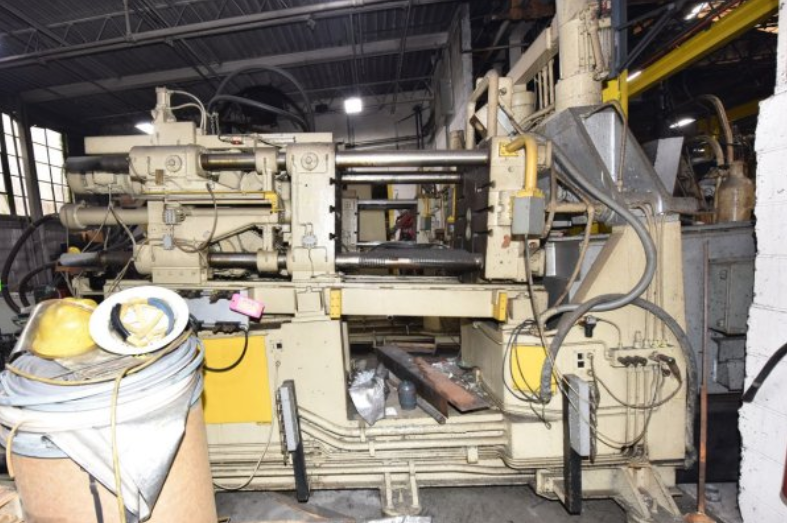Aluminium has become an essential material in the manufacturing industry due to its lightweight, high strength, and corrosion-resistant properties. Aluminium machines are widely used in various industries, including construction, aviation, automotive, and packaging. However, like any other machinery, aluminium machines require regular maintenance to ensure optimal performance, longevity and safety standards.
Here are some essential tips for maintaining aluminium machines:
1. Regular Cleaning: Aluminium machines should be regularly cleaned to prevent the build-up of dust, dirt, and other contaminants that can affect their performance. Use a soft cloth or brush to clean the machines, avoiding harsh chemicals that can cause damage to the aluminium surface.
2. Lubrication: Aluminium machines have moving parts that require lubrication to reduce friction and wear and tear. Make sure to use lubricants that are compatible with aluminium and are suitable for the specific application. Over-lubrication can lead to the build-up of grime and other contaminants, so it is essential to use the right amount of lubricant.
3. Check for Wear and Tear: Regular inspection of aluminium machines can help identify any signs of wear and tear on the equipment. Worn-out parts can lead to poor performance, safety hazards, and machine breakdowns. Replacing the damaged parts promptly can help avoid costly repairs in the long run.
4. Temperature Control: Aluminium machines are sensitive to temperature changes, which can affect their performance. Extreme temperatures can cause metal fatigue, distortion, and other issues. Ensure that the machines are kept in a controlled environment with the right temperature and humidity levels.
5. Calibration: Aluminium machines require periodic calibration to maintain their accuracy and precision. Calibration ensures that the machines are functioning correctly and performing their intended tasks. It is essential to follow the manufacturer’s guidelines for calibration and ensure that the calibration is done by a qualified technician.

6. Training: Proper training of the operators is essential to ensure that the machines are used correctly. Operators should be trained to handle the machines safely, use them efficiently, and perform basic maintenance tasks.
In conclusion, proper maintenance of aluminium machines is vital to ensure their optimal performance, longevity, and safety standards. Regular cleaning, lubrication, inspection, temperature control, calibration, and operator training are essential aspects of maintaining the machines. By following these tips, manufacturers can keep their aluminium machines in excellent condition and avoid expensive repairs and downtime.
-

- Componenti per tixostampaggio in lega di magnesio
-

- Casco Thixomolding pressofuso in lega di mangensio
-

- Parti e componenti pressofusi OEM
-

- Coperchio dell'alloggiamento del laptop con componenti di tixomolding in magnesio ad alta precisione A
-

- Alloggiamento del controller per ricambi auto pressofuso in lega di magnesio
-

- Parti UAV tixomolding in lega di magnesio pressofusione

 0086-750-5616188
0086-750-5616188 +86 13392089688
+86 13392089688 sales@zhongmei-tech.com
sales@zhongmei-tech.com







